Lyft co-founder and president John Zimmer today refuted reports from over the weekend that the ride-hailing company was seeking out buyers for a potential purchase -- reportedly including Apple -- outright telling Business Insider that "Lyft is not seeking a buyer." According to Zimmer, Lyft itself was approached for a purchase opportunity, which was misconstrued in reports by The New York Times and Bloomberg as Lyft actively seeking out to be bought by a major company, including potential candidates like Amazon, General Motors, and even rival Uber.
Zimmer said these reports "crossed a line," leading to the company needing to address them head-on and break its usual silence on these types of rumors focused on mergers and acquisitions. The most ire seems to be aimed at the Bloomberg angle on the story, which specifically stated that Uber "wouldn’t pay above $2 billion for Lyft," coming in far below Lyft's reported $9 billion estimated value.

"We have to be careful with this type of thing for confidentiality reasons until Friday, when we feel like the line was crossed in that it was characterized as us trying to and failing to sell the business," Zimmer said. "And as Friday happened, with both that characterization and the Bloomberg report, we said enough is enough. We need to let people know that we're not looking for a buyer, so that's not a legitimate part of the story. I think it shows a bit of overstepping on Uber's part with the Bloomberg story that fully demonstrates who is behind this."
Zimmer's language targets Uber and its CEO Travis Kalanick as the catalyst behind Lyft's M&A rumors, although he didn't go into specific details regarding how he believes its rival began the chain of rumors that led to the reports over the weekend. Zimmer also declined to tell Business Insider which companies did in fact approach Lyft with a purchasing opportunity, with the publication saying that Lyft "isn't quite ready to be transparent" due to apparent confidentiality agreements set in place at the company.
Lyft is currently the second-largest ride-hailing app in the United States behind Uber. Although Zimmer believes this rivalry makes it easy for outsiders to view the company as bitter, he mentioned that he and the company are happy with Lyft's current trajectory. "We're focused on being an independent business and having the largest impact on car ownership as we possibly can," Zimmer said. "I don't think [independence] is a requirement, but I believe right now it's the best path."


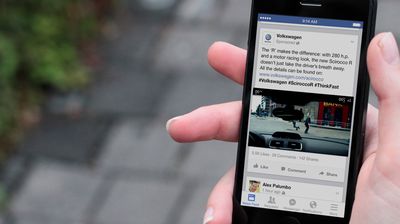

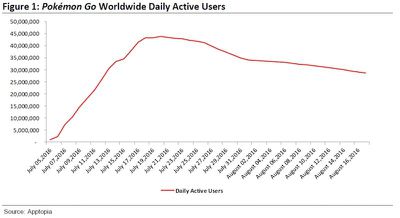

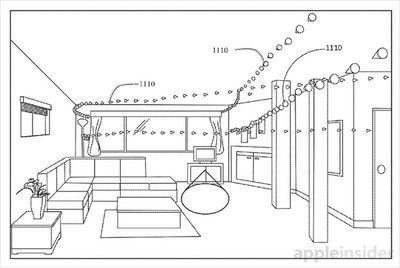

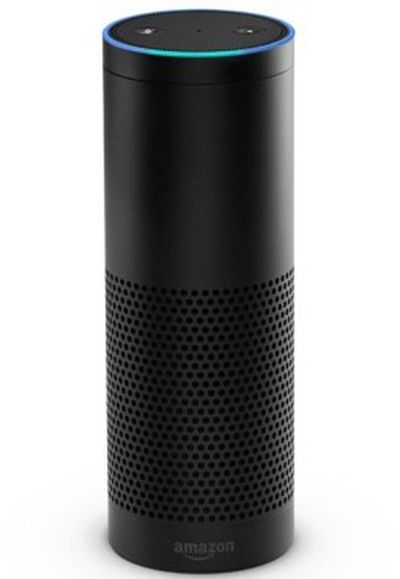 Amazon is working on a $5-a-month music subscription service that will be exclusive to owners of the company's internet-connected Echo speaker.
Amazon is working on a $5-a-month music subscription service that will be exclusive to owners of the company's internet-connected Echo speaker.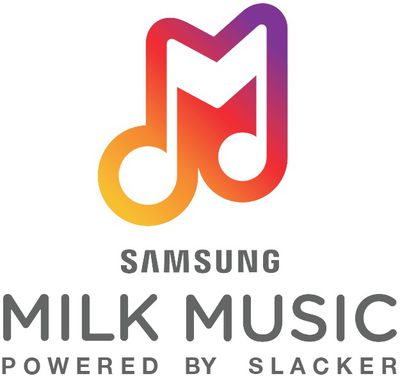
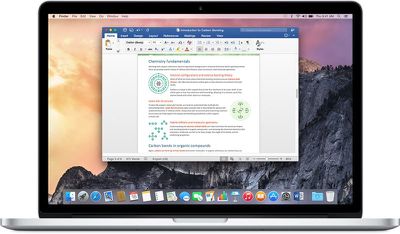
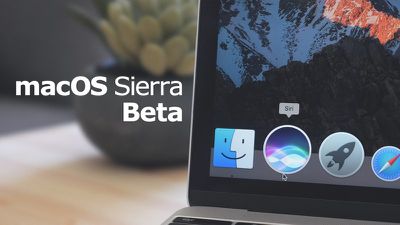
 Twitter today
Twitter today 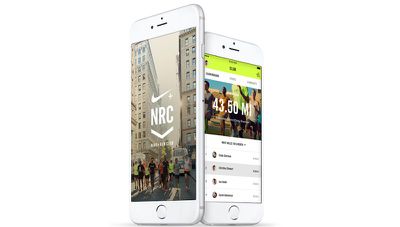
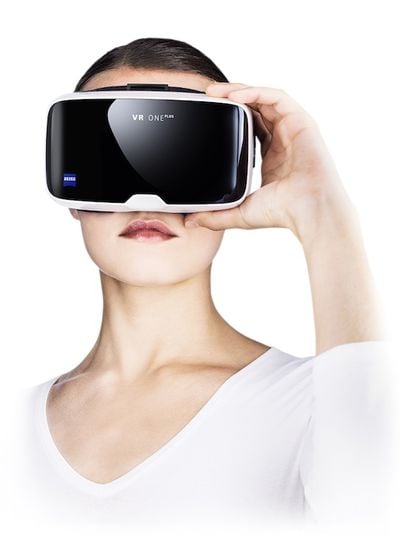

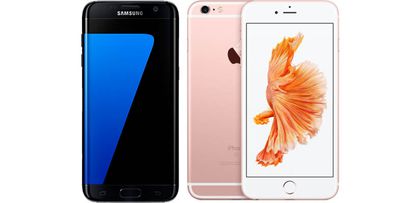
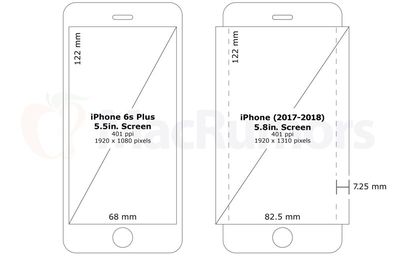

 Apple has acquired personal health and wellness startup
Apple has acquired personal health and wellness startup 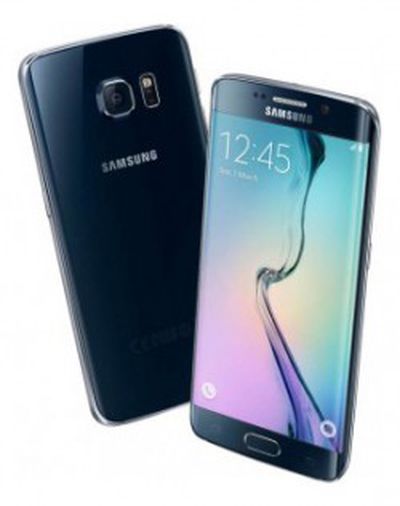 Samsung is planning to launch a new program selling refurbished used versions of its smartphones as early as next year, according to sources who spoke to
Samsung is planning to launch a new program selling refurbished used versions of its smartphones as early as next year, according to sources who spoke to 










